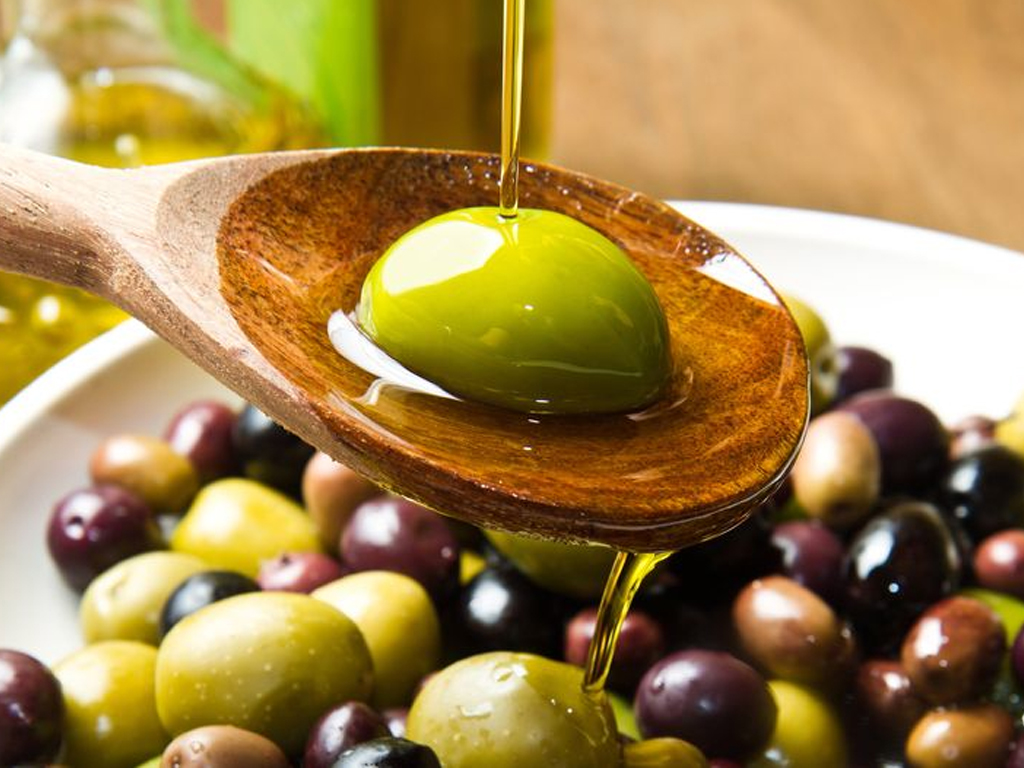Olive farming

Although ordinary farmers do not give much importance to the cultivation of minor crops, yet these could be a handsome source for the income of farming community and contribute to the foreign exchange earning or saving for the country. However, of late, there have been certain initiatives by the government to induce farmers to change their behaviour. One of the initiatives is the encouragement of olive farming in the country which has been boosted with the arrival of 100,000 olive plants from Spain and Turkey. According to Dr Tariq Bari, Project Director of National Agriculture Centre, a total of 550,000 plants will be imported under the project, out of which 150,000 more plants would reach the country next week while the remaining plants will be delivered later. Since olive is a drought-tolerant plant, it has been decided to introduce olive farming to Waziristan, Fata agencies and various districts of Balochistan which have been affected by the drought spell over the past few years. According to Dr Bari, a survey of the potential areas has been completed and it is found that these areas are best suited to olive plantation. In Balochistan, areas found suitable for olive cultivation included Zhob, Khuzdar, Loralai, Killa Saifullah and Musakhel. In some of these areas, results of growing olive crop had been particularly encouraging that prompted project officials to include Balochistan in the programme. It has also been initially decided to install drip irrigation to olive plants on 400 acres in KPK and Balochistan.
It may be mentioned that the trend of sowing traditional crops like wheat, sugarcane, rice and cotton has not withered away as yet though the growth potential for most major crops has been exhausted to the disadvantage of farming community and the national economy. In fact, the unabating trend of sowing water-guzzling crops like sugarcane and rice has compounded the water scarcity problem in the country and led to a glut of these crops in the market and resulted in lower prices for the farmers. These crops also enjoy no real value in the changing global food scenario as the prices of these crops in the international market have gone down substantially, lowering the export prospects of these crops without a handsome subsidy by the government which it can ill-afford at the moment due to budgetary constraints. In certain cases, offering subsidy alone may not be a sufficient incentive to make farmers to abandon these crops which they have been sowing for centuries. It may also be mentioned that this is not the first time that the government has taken the initiative for diversification of crops. Earlier, the government had tried to promote rearing of ostriches, dairy products and fish farming with varying degrees of success. The production of oil seeds and pulses has yet to be encouraged. These commodities have to be imported in bulk at a great cost and a large amount of foreign exchange is spent on their imports. We welcome the latest initiative of the government to promote cultivation of olive on a commercial basis which has been approved under the Public Sector Development Programme (PSDP) and a fresh PC-I has been submitted to the Planning Commission to widen the scope of the project. Although the scope of the project is relatively small at present, the area under olive cultivation could increase substantially over time when the farming community becomes fully aware of the benefits of growing this crop. The increasing use of olive oil in the country due to higher incomes and health benefits together with better prices in the international market makes it an ideal commodity to produce in the prevailing circumstances. Besides, olive crop could be produced in areas which are suffering from drought conditions and that is a big advantage in a water scarce country like Pakistan. Also, less developed areas of the country have greater potential of growing this crop and this fact could reduce income inequalities in the country. Other benefits could include improvement in environment, development of village entrepreneurship, employment generation, improvement in livelihood due to value-addition and a reduction in imports of oilseeds. Also, farmers would have a choice to grow another crop which could improve their fortunes.























Comments
Comments are closed.